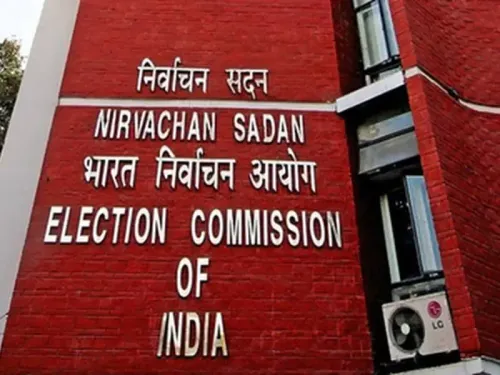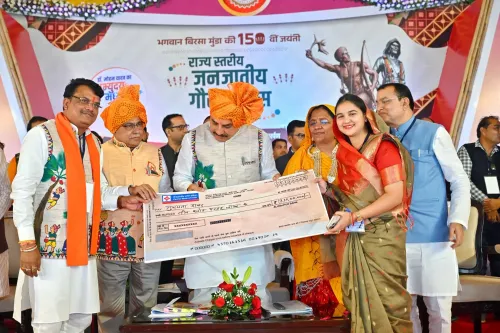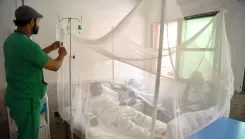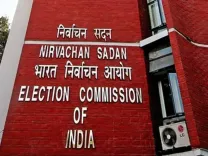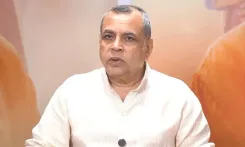Why is AFSPA Extended in Three Assam Districts?
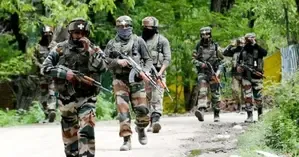
Synopsis
Key Takeaways
- AFSPA extended for six months in three Assam districts.
- Effective from October 1, 2023.
- Ongoing security challenges remain due to insurgent activities.
- Government cites need for vigilance as justification for extension.
- Human rights groups continue to call for repeal of the Act.
Guwahati, Sep 27 (NationPress) The Armed Forces (Special Powers) Act (AFSPA) is set to be enforced for an additional six months in three districts of upper Assam — Tinsukia, Charaideo, and Sivasagar — starting from October 1, as per a newly issued official notification on Saturday.
The Assam government had requested the Centre to continue designating these districts as “Disturbed Areas” under the Act, emphasizing security concerns and the necessity for ongoing vigilance.
In response to this recommendation, the Union Ministry of Home Affairs has sanctioned the extension, which will be effective until March 31, 2026.
Officials have pointed out that the security scenario across Assam has shown steady improvement in recent years, thanks to persistent counter-insurgency strategies and efforts from both state and central forces.
Nevertheless, isolated incidents involving the banned United Liberation Front of Asom -- Independent (ULFA-I), the only remaining active insurgent group in the region, continue to surface.
Moreover, security agencies have raised alarms regarding the movement of NSCN cadres through these districts, specifically related to extortion, recruitment, and other covert activities.
Originally, AFSPA was imposed in Assam on the night of November 27–28, 1990, and has been periodically renewed following semi-annual reviews.
In April 2022, the Act was lifted in most parts of the state, leaving nine districts and one subdivision of Cachar under its jurisdiction.
Over the past two years, it has been gradually withdrawn from six districts, with Tinsukia, Charaideo, and Sivasagar still remaining under its provisions.
This law grants extensive powers to security forces, allowing them to search premises, conduct operations, and apprehend suspects without prior warrants, alongside offering them legal immunity for actions taken during their duty.
While the government defends its ongoing application on security grounds, civil society organizations, human rights advocates, and opposition parties have consistently urged for its total repeal in the Northeast, citing widespread misuse and violations of human rights.
For the time being, this extension ensures that security forces will continue to operate with special powers in these three districts of Upper Assam for the upcoming six months.

